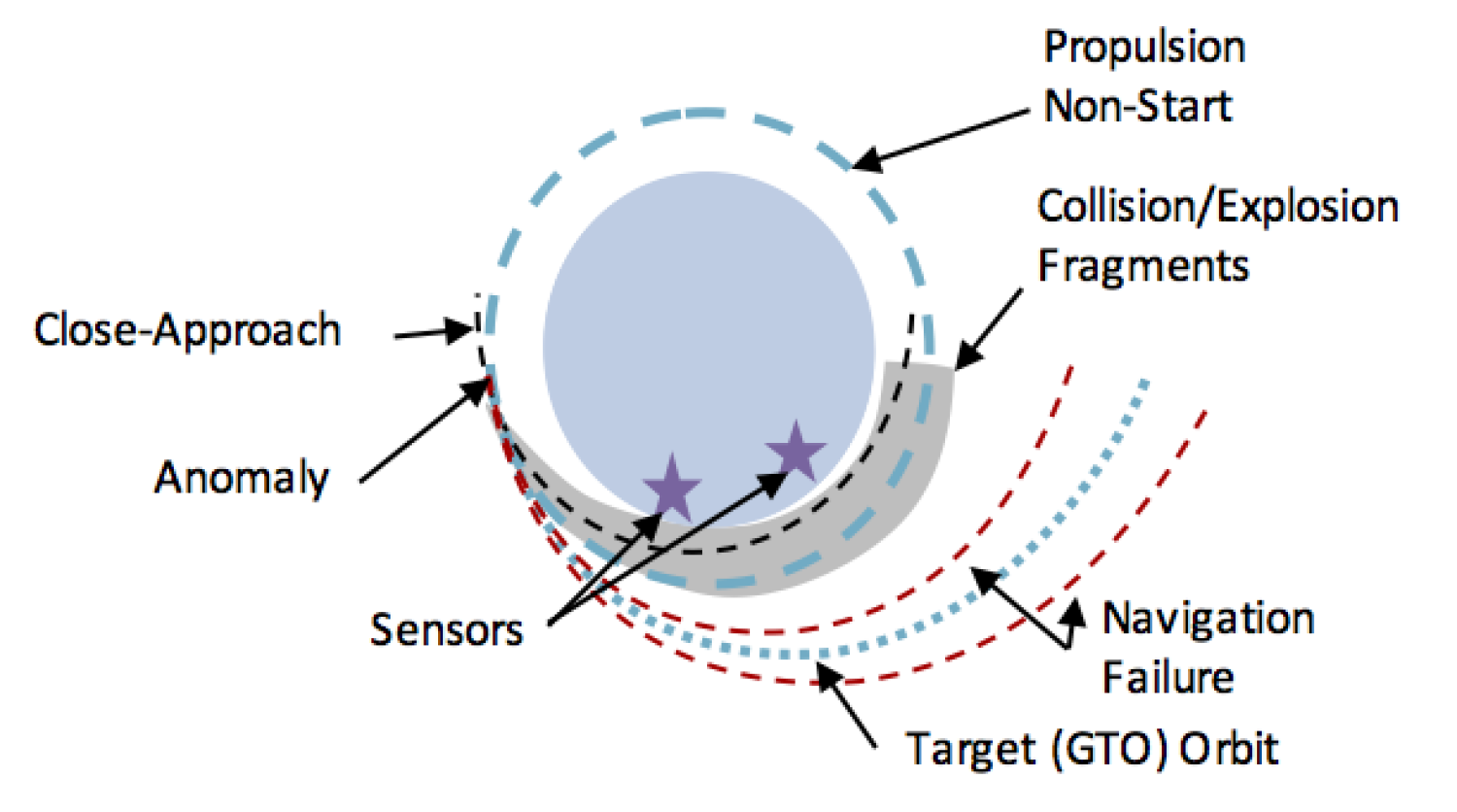Sensor Tasking for Unbiased Hypothesis Resolution

Please join me in congratulating Andris Jaunzemis on his latest journal publication 'Evidence Gathering for Hypothesis Resolution using Judicial Evidential Reasoning' in the Journal of Information Fusion.
Andris' work addresses a previously unconsidered problem in sensor tasking: How can we task sensors to resolve hypotheses quickly while minimizing confirmation bias and computation requirements? Such problems are difficult largely because there is rarely enough time in operational scenarios to collect all possible data before a decision must be rendered - the algorithm must choose which data (evidence) to collect in advance of knowing the truth of a hypothesis. Further, the collected evidence should not unfairly favor gathering evidence to prove the hypothesis true or false - it must attempt to remain impartial to the hypothesis resolution outcome!
For these reasons a 'Judicial' approach is taken, in which alternating agents each attempt to prove the truthness or falseness of each hypothesis (much like our own judicial system). Each takes turn tasking the sensor to gather evidence that best supports their case. We then apply Dempster-Shafer Evidential Reasoning along with vacuous priors (we assume no prior knowledge) to combine all evidence (which is sometimes ambiguous). The tasking optimization algorithm proceeds to minimize the Normalized Jirousek-Shenoy Entropy for each hypothesis (this is equivalent to both resolving the hypothesis and driving ambiguity from the resolution). Andris was also able to make use of the adversarial game theoretic framework of each of the agents and apply alpha-beta pruning techniques (commonly used in AI opponents for games), which drastically reduce the number of sensor tasking combinations that must be considered.
Andris was able to apply his Judicial Evidential Reasoning (JER) technique to two very different problems. The first is a classical medical diagnosis problem, wherein it is clearly undesireable to subject a patient to all possible tests. The second case involves several on-orbit failure scenarios for an on-orbit maneuver and subsequent missed telescope detections.
Excellent work, Andris!

